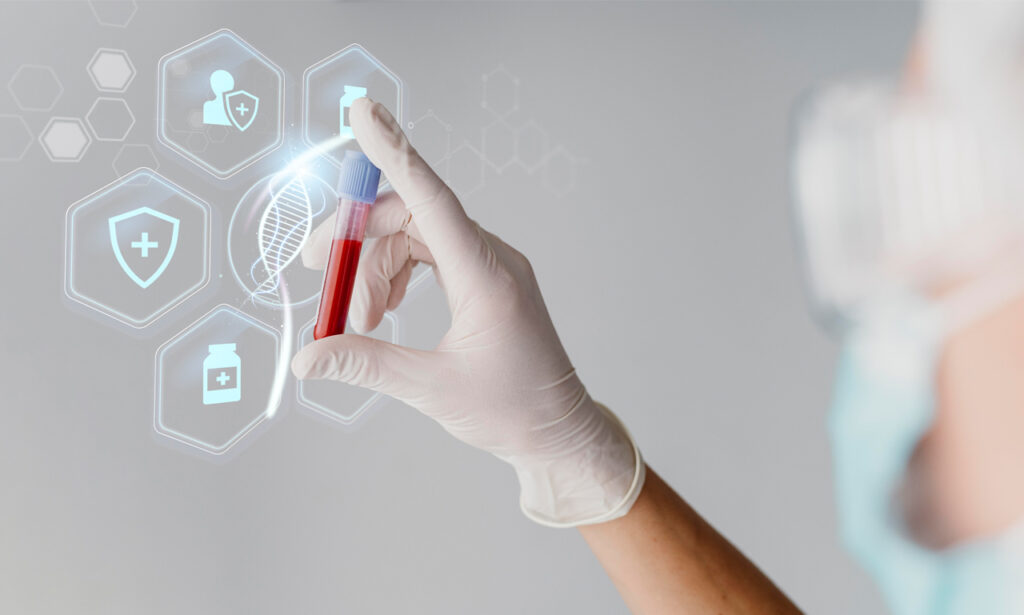Introduction to Health Science
Health science is the foundation of modern medicine and human well-being. It represents the systematic study of health, disease, and the biological, social, and behavioral factors influencing them. The field unites biology, chemistry, psychology, and technology to understand how the body functions, how illnesses develop, and how to prevent and treat them.
Over time, medical science has evolved from traditional healing practices to a complex, evidence-based discipline. Today, it plays a central role in shaping healthcare systems, developing pharmaceuticals, and improving the quality of life worldwide. Whether through public health initiatives, biotechnology, or medical research, medical science drives innovation and saves lives.
The Scope and Importance of Health Science
medical science is not limited to medicine or hospitals; it encompasses a broad range of disciplines that work together to maintain and restore health. These include:
Biomedical Science – Investigates how the body functions at the molecular and cellular levels.
Public Health – Focuses on preventing disease through education, policy, and community initiatives.
Epidemiology – Studies patterns, causes, and effects of diseases in populations.
Nutrition Science – Examines how food affects health, metabolism, and disease prevention.
Environmental Health – Analyzes how environmental factors influence human health.
Health Technology – Develops medical devices, diagnostic tools, and digital solutions for healthcare delivery.
Each branch of medical science contributes unique insights that, when combined, create a holistic approach to wellness. The ultimate goal is to extend life expectancy, enhance quality of life, and ensure equitable access to healthcare for all.
Historical Development of Health Science
The origins of health science can be traced back to ancient civilizations. Early practitioners in Egypt, India, and Greece sought natural explanations for diseases rather than attributing them to superstition. Hippocrates, often regarded as the father of medicine, introduced the concept of clinical observation and ethical practice, laying the groundwork for modern medical science.
During the Middle Ages, medical science stagnated in many regions, but later, the Renaissance revived scientific curiosity. Advances in anatomy, physiology, and microbiology during the 17th and 18th centuries transformed medicine into an evidence-based field. The discovery of germs, antibiotics, and vaccines revolutionized public health and significantly reduced mortality rates.
In the 21st century, medical science has expanded to include genetic research, biotechnology, artificial intelligence, and precision medicine. These innovations allow scientists to predict diseases, personalize treatments, and design smarter healthcare systems.
Core Disciplines Within Health Science
Biomedical Research
Biomedical research focuses on understanding how diseases develop at a molecular and genetic level. Scientists in this field investigate cells, DNA, and proteins to identify biological mechanisms behind illnesses. Their discoveries lead to new diagnostic tools, vaccines, and therapies.
For example, stem cell research and genetic engineering are paving the way for regenerative medicine, offering potential cures for conditions once thought incurable.
Clinical Science
Clinical science bridges laboratory research and patient care. It tests medical hypotheses through controlled studies to evaluate the effectiveness and safety of treatments. Clinical trials are essential in bringing new drugs, surgical procedures, and therapies to the market.
Public Health and Epidemiology
Public medical science aims to prevent disease and promote wellness across populations. Epidemiologists track outbreaks, study health trends, and design preventive measures. Vaccination programs, sanitation improvements, and nutritional guidelines are among the many public health achievements that have extended human lifespan.
Nutrition and Dietetics
Nutrition science explores how dietary habits influence health outcomes. Balanced nutrition is linked to stronger immunity, better cognitive function, and lower risks of chronic diseases such as diabetes and heart disease. Dietitians use this science to design personalized meal plans that support optimal health.
Environmental and Occupational Health
Environmental health examines how factors like pollution, climate change, and workplace hazards impact health. Professionals in this field advocate for safer environments, cleaner air and water, and sustainable living conditions that reduce disease risks.
Health Informatics and Technology
Digital technology has transformed healthcare. Health informatics integrates data systems, artificial intelligence, and electronic records to enhance patient care and streamline hospital operations. Wearable devices and mobile health apps now empower individuals to monitor their well-being in real time.
Health Science Research and Innovation
Modern health science thrives on innovation. Researchers constantly explore new methods to detect, prevent, and treat diseases more effectively. Breakthroughs in genomics, nanotechnology, and biotechnology have opened doors to personalized medicine — where treatments are tailored to an individual’s genetic makeup.
Artificial intelligence (AI) is another game-changer. Machine learning algorithms can now analyze complex medical data, detect patterns, and even assist doctors in diagnosing conditions earlier than traditional methods. Telemedicine, robotic surgery, and 3D-printed organs represent only a fraction of the technological advances driven by medical science.
The Role of Health Science in Global Health
Health science is vital in addressing global health challenges such as pandemics, malnutrition, and climate-related illnesses. International collaboration among researchers and governments has led to rapid responses to global threats, such as the development of vaccines and treatments during health crises.
Furthermore, medical science promotes equity by improving access to medical care in underprivileged regions. Public health campaigns focusing on sanitation, maternal care, and disease prevention have saved millions of lives worldwide.
Education and Careers in Health Science
Pursuing a career in medical science opens a wide range of professional opportunities. From laboratory research to clinical practice and public policy, the field offers diverse career paths, including:
Biomedical Scientist
Public Health Officer
Clinical Researcher
Nutritionist or Dietitian
Epidemiologist
Health Data Analyst
Healthcare Administrator
Occupational Health Specialist
Health science professionals require a combination of academic knowledge, analytical thinking, and compassion. Most roles demand formal education and continuous learning to keep up with the latest medical advancements and technologies.
Ethics and Future Challenges in Health Science
With great power comes great responsibility. As medical science advances, it raises ethical questions regarding genetic engineering, data privacy, and equitable access to treatments. For instance, while gene editing can prevent hereditary diseases, it also sparks debates about potential misuse.
In addition, the global healthcare system must balance innovation with affordability. Advanced treatments often come with high costs, making them inaccessible to many. Ethical frameworks, policy-making, and public awareness play crucial roles in ensuring that scientific progress benefits all of humanity.
The Future of Health Science
The future of health science is both exciting and transformative. Emerging trends include:
Precision Medicine: Tailoring treatments to individual genetic profiles.
Digital Health: Using AI, mobile apps, and telehealth for real-time monitoring.
Preventive Healthcare: Emphasizing early detection and lifestyle modifications.
Regenerative Medicine: Using stem cells and tissue engineering to restore damaged organs.
Global Health Collaboration: Sharing data and resources to combat global diseases.
As technology and biology continue to merge, the boundaries of what’s possible in medical science will expand dramatically. The next decade may witness cures for chronic diseases, extended human longevity, and more accessible healthcare systems powered by innovation.
Conclusion
Health science stands at the intersection of biology, medicine, and technology, shaping the future of human wellness. It is more than a discipline—it is a lifelong commitment to understanding life itself. From preventing disease to developing groundbreaking treatments, medical science is the heartbeat of progress in modern civilization.
By integrating research, innovation, and compassion, the field continues to transform global healthcare and improve lives. As we move forward, investing in medical science education, research, and ethics will be key to building a healthier, more sustainable future for generations to come.






